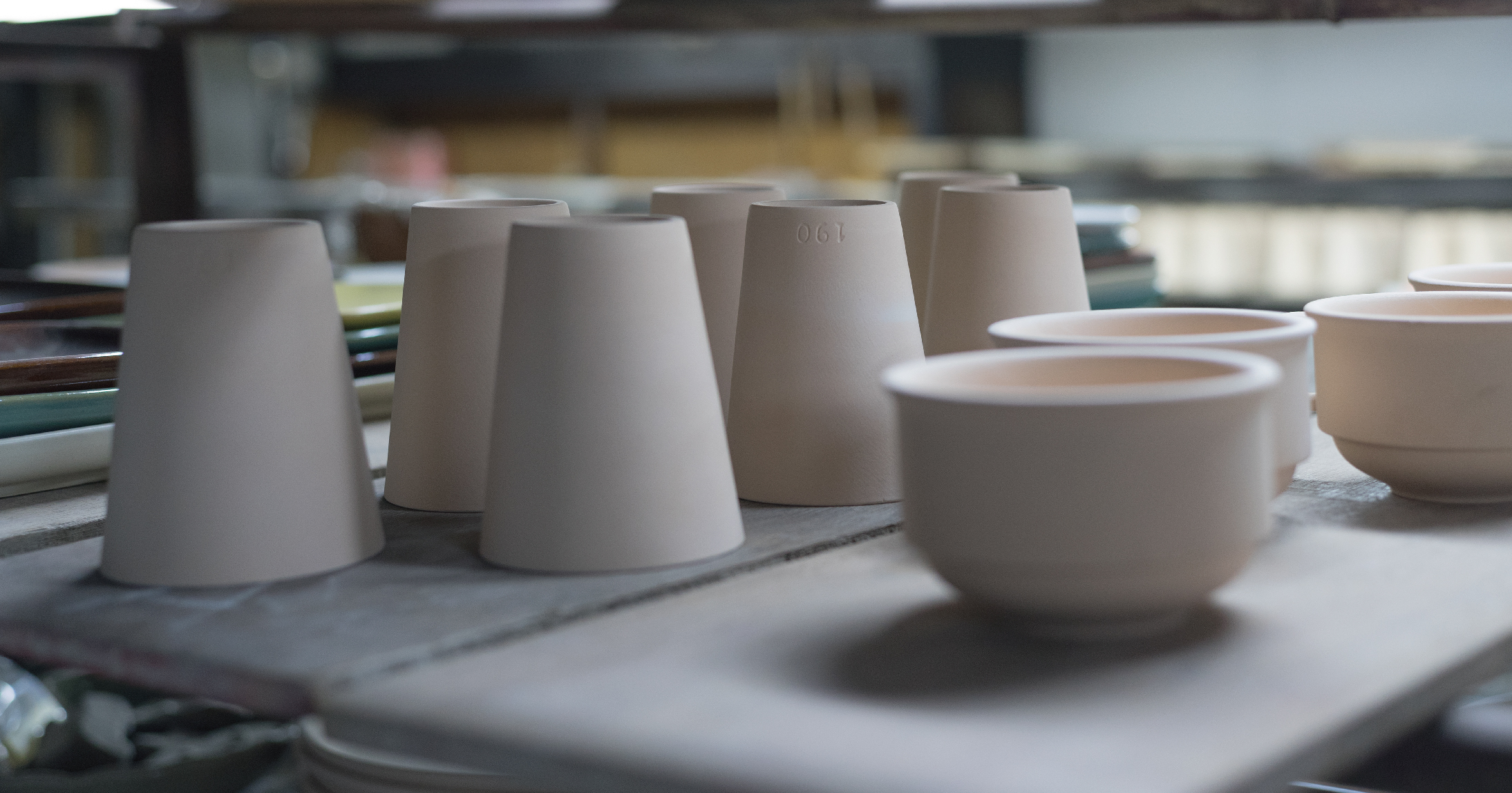
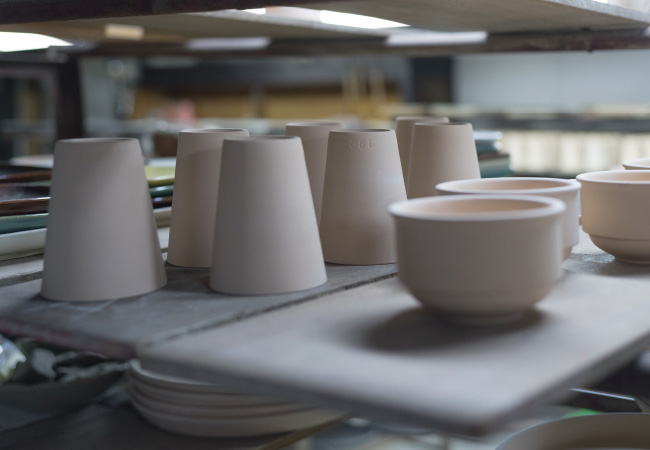
| Company name | Tsukamoto Inc. |
|---|---|
| Established | February 1947 (Showa 22) |
| Directors |
|
| Capital | 30 million yen |
| Business activities | Ceramic manufacturing/sales, restaurant, tourism and real estate leasing business |
| Head office | 4264 Mashiko, Mashiko-cho, Haga-gun, Tochigi Prefecture |
| TEL・FAX | TEL: 0285-72-3223 FAX:0285-72-1139 |
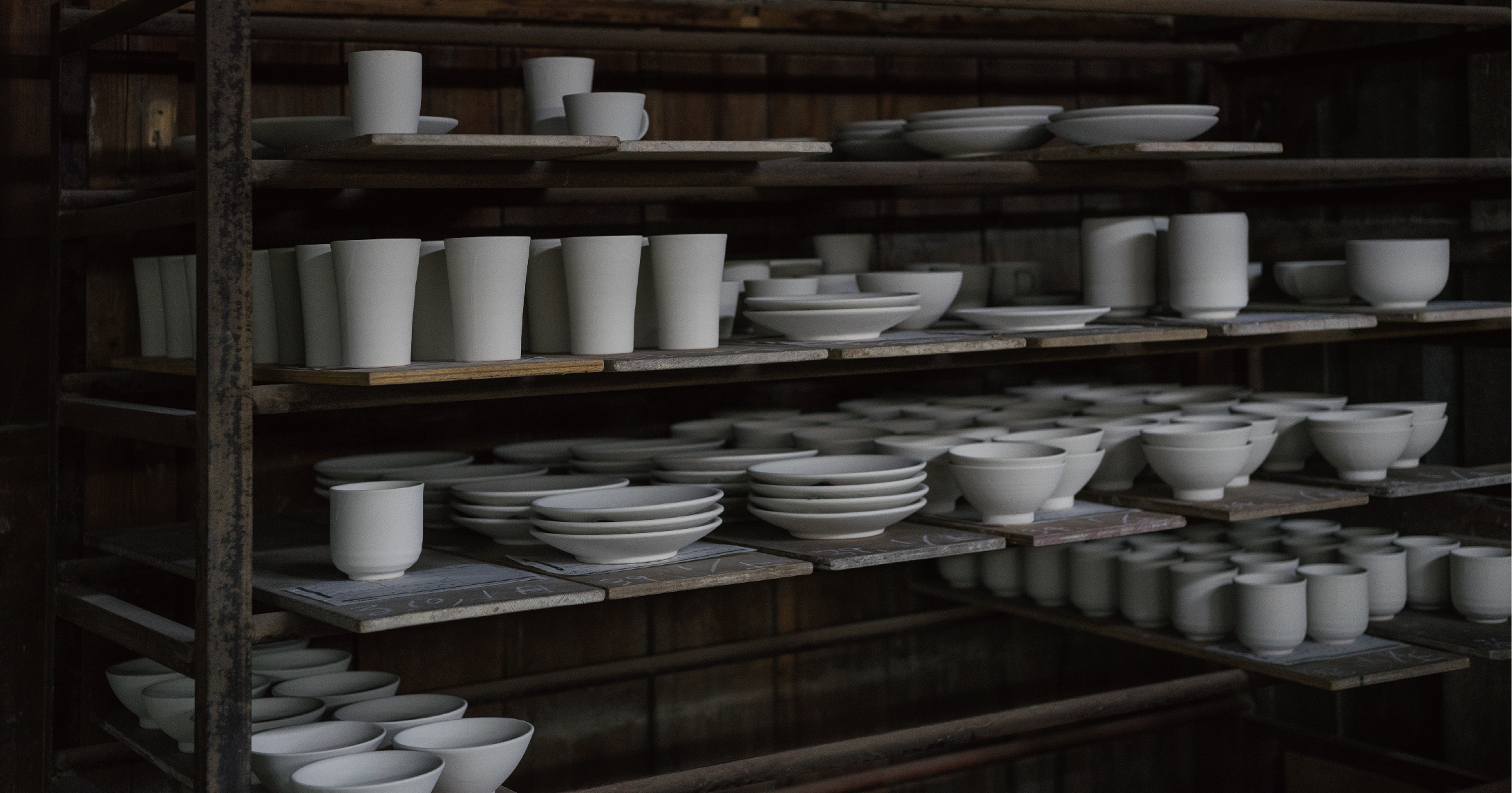
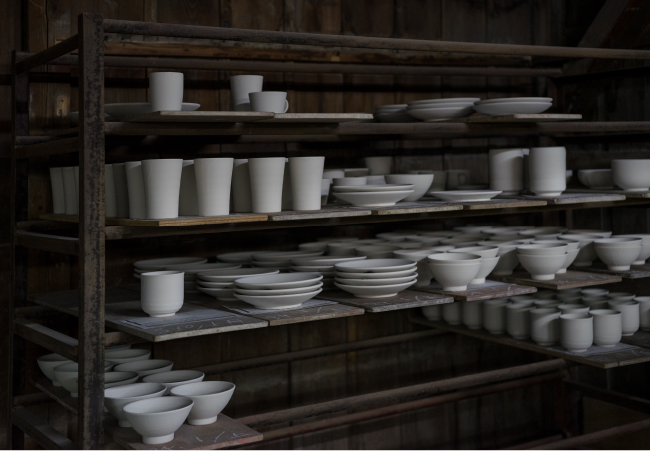
It has been more than 150 years since the first generation “Rihei Tsukamoto” established a kiln at the place called Masuda-Fukada.
We endeavor to secure the future of Mashiko pottery so that we can share the culture and unique style of Mashiko to the world and pass it on to the next generation.
We will continue to develop the tradition and spirit of Mashiko pottery for the enjoyment of customers in Japan and overseas.
With humbleness we aim to grow the company for many generations ahead, while still walking with our customers and the people of Mashiko.
We ask for your continued guidance and support in the future.
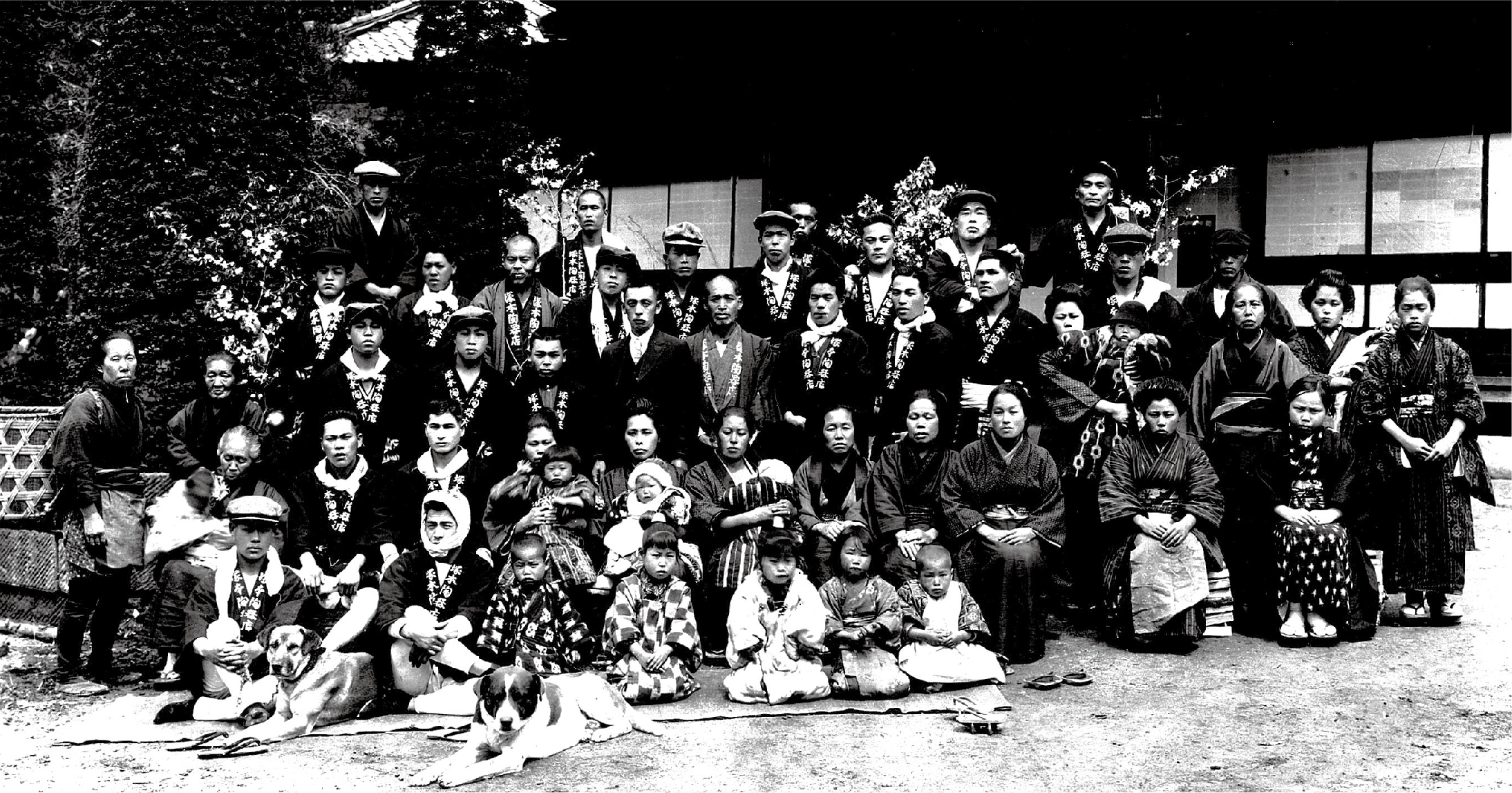
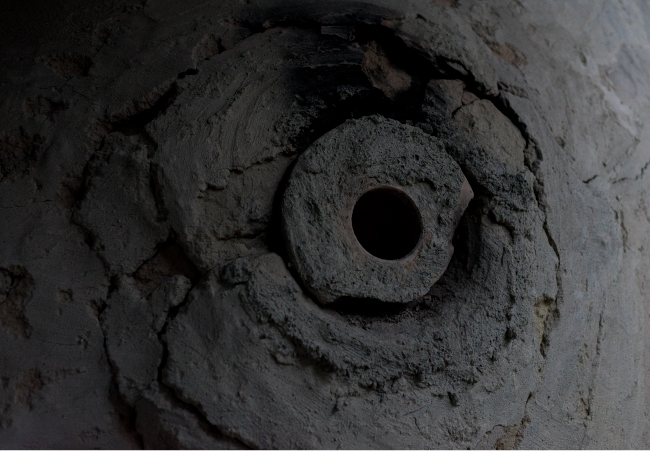
| 1864 | “Rihei Tsukamoto” established a kiln at the present location in Mashiko |
|---|---|
| 1947 | Reorganized to “Tsukamoto Ceramics Co., Ltd”. |
| 1957 | Started producting “Kamameshi” pot containers for Yokogawa Station |
| 1958 | Tokyo branch office opened in Roppongi, Minato-ku |
| 1963 | Tokyo branch office moved to Tomigaya, Shibuya-ku, Tokyo store opened |
| 1966 | Second factory established to commemorate the 100th anniversary |
| 1973 | Oku-Nikko-Nanma Hotel was relocated and Mashiko Nanmaso (hotel with a capacity of 100 people) opened (till 1986) |
| 1976 | Opened Kyushu store in Nishi-ku, Fukuoka (till 2012) |
| 1977 | Opened a store within Tamagawa Takashimaya (till 2015) |
| 1979 | Opened the Ceramics Garden Tsukamoto at Mashiko (till 2014) |
| 1984 | Established the Rest-House restaurant “Tsukamoto” (present Gallery Tsukamoto) |
| 1986 | Tokyo Head office was built in Rinkai-cho, Edogawa-ku and moved the Tokyo store (till 2001) |
| 1987 | Organization changed to "Tsukamoto Inc." New establishment of Shopping Plaza Tsukamoto |
| 1988 | Kyusyu Head office was built in Jonan-ku, Fukuoka City and moved Kyushu store (till 2005) |
| 1993 | Construction of our own building in Minami Kasai, Edogawa-ku (till 2019) |
| 1994 | Renamed Mashiko Nanmaso to “Heiseikan” and opened as a restaurant (till 2014) |
| 1998 | The Gallery Tsukamoto was opened |
| 2004 | Tsukamoto Museum of Art was opened to commemorate the 140th anniversary of its founding |
| 2013 | Refurbished Guest House was opened "Soba restaurant Tsukamoto" (till 2019) |
| 2019 | Tsukamoto Garden Restoration (delete open) |
| 2020 | Restoration of "Writer's House" to "Gallery Tsukamoto"ル |
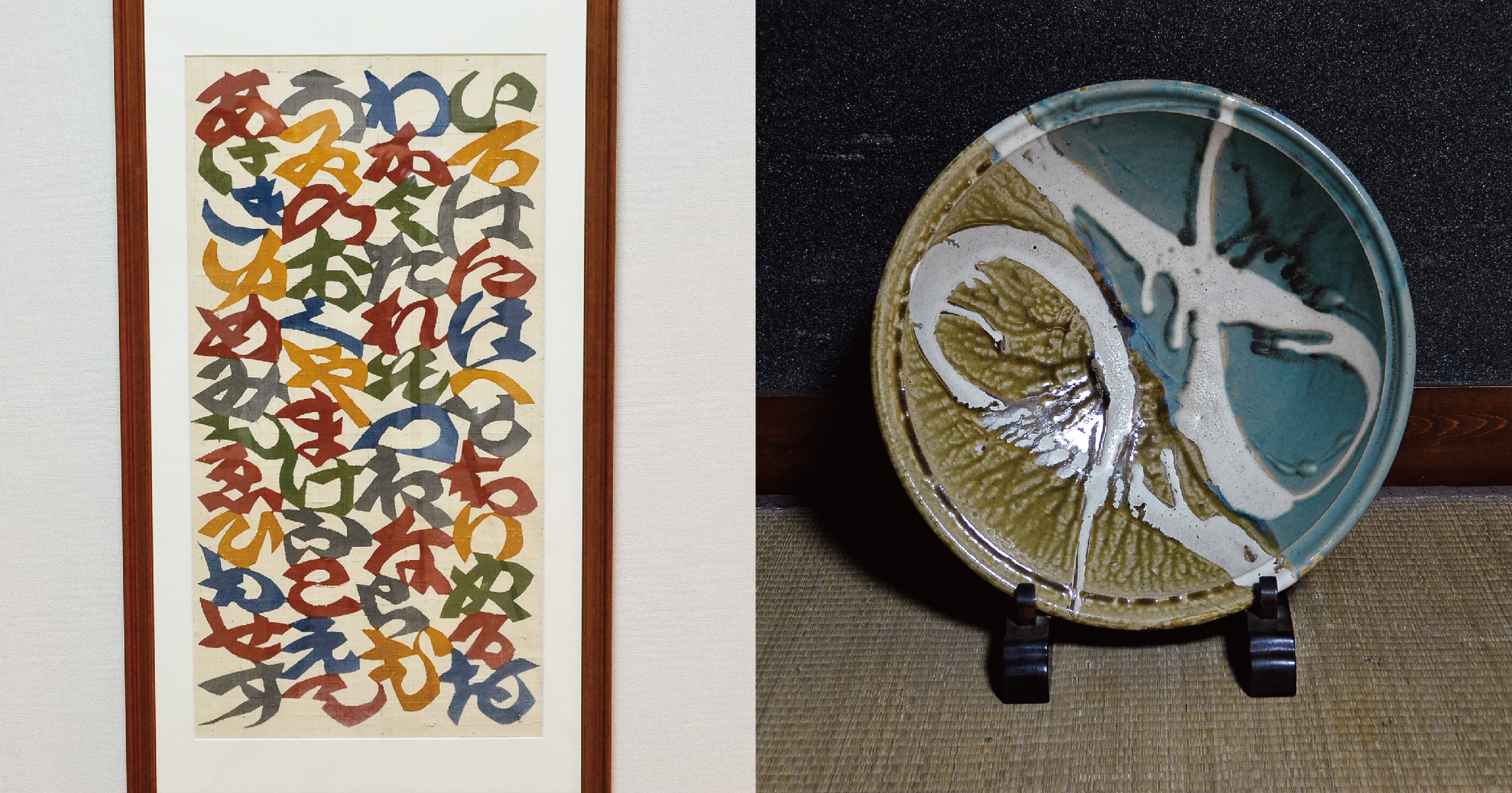
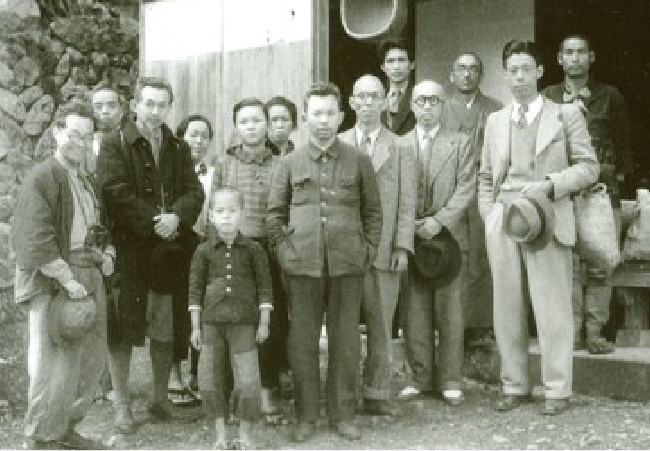
Keisuke Serizawa who created the current logo of Tsukamoto Inc., is a widely known artist as a master of dyeing crafts. Serizawa was born in Shizuoka City in 1868, and after graduating from majoring in print design at the Tokyo High School of Technology, he read “the way of the arts” issued by Soetsu Yanagi, who advocated the artistic movement of Japan. Taking the opportunity to see Okinawa's red pattern displayed at the museum, he proceeded to stencil dyeing, and participated in the folk art movement. He presented many excellent works and received many domestic and overseas awards.
Serizawa visited our company several times through Shoji Hamada who moved to Mashiko and represents the folkart movement and continued to make pottery here.
Having this close relationship between Serizawa and Hamada, Serizawa accepted our offer to make Tsukamoto’s company logo.
Tsukamoto has a long history of participating in the pottery industry in Mashiko.
We hope that our logo embodies our core goals to;
Manage our business with an enterprising spirit
Respect and protect our cultural traditions, so that these skills can be passed on to future generations.